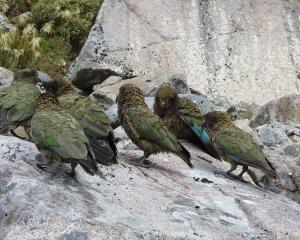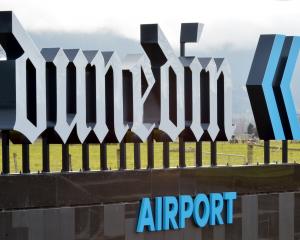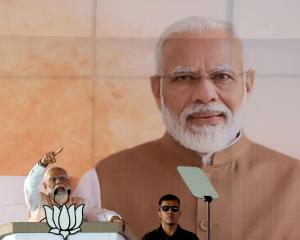
When Dunedin city councillors meet this month to discuss priorities for the next 10 years, rates and debt will play an important part.
Councillors will be shaping up a draft 10-year plan for the city, which will go out for public feedback in March/April. At the forefront of our minds, as it is for the community, is how we best invest in Dunedin to make it one of the world's great small cities for the decades to come.
Providing services and amenities for our city costs money and like any household or business, the council, in discussion with the community, has to work out our priorities and then how they will be paid for.
Councils have two main roles when it comes to things they do for the community, and therefore spend money on. First, we must provide key services, such as water and waste services, roads and footpaths, to keep the city ticking over. We also have to keep these in good working order. Second, we have an important role in making the city an attractive and compelling place in which to live, work, study and do business - so we continue to keep and attract residents. This is where proposed large-scale projects fit, such as the central city plan and a bridge to the waterfront, which deliver on our strategic vision for Dunedin.
Over the next decade, we need to do more in both these areas. Like many councils across the country we have ageing infrastructure assets, such as water and wastewater pipes, that need to be replaced and properties that must be maintained. After a period where we have concentrated on getting our debt down, rather than spending on big projects, we now also need to focus on ensuring Dunedin has an attractive and connected central city and great facilities.
Preparing the 10-year plan means it's the right time to take stock of where we are, the key priorities and how we pay for the things that are important for the city.
The DCC gets its money from a range of sources. About half comes from rates, with the rest from fees, charges, subsidies, grants, property and interest payments from loans we have made to council-owned companies. Dividends from council companies used to be a significant contribution, but in the past few years we have received less money so the companies can invest in their own assets.
We use our day-to-day income to pay for our operational, or running, costs - the ``business as usual'' work that makes sure rubbish is collected, museums and libraries are open and sportsfields are mown. This income also meets some of the cost of replacing assets like water pipes. Big and new projects come under major capital spending and are usually paid for through debt (rates pay the costs of servicing the debt). Projects such as the upgrade of the Tahuna Wastewater Treatment Plant or street upgrades in the Warehouse Precinct are examples of such projects.
It's well known that in recent years the DCC has worked hard to reduce its debt. It's now sitting at about $202 million compared with a high of $255 million just three years ago following a big capital programme from previous councils. So, particularly since 2014-15, we've tightened our belts and held overall rates rises to 3% for three of the four years and paid off debt.
For the reasons discussed above, we can't continue to keep rates rises at 3% and still do the things we need to do and that the community wants us to do, such as upgrading the centre of town.
It's time to take stock and work out the balance between what we should do and how we pay for it.
So, do we increase rates closer to the New Zealand average? Do we lift our debt limit so we can borrow more? Borrowing spreads the load across generations - some people think this is fair, some don't. Do we sell assets like investment property or companies? Or do we try a mix of all three?
These tough questions mean the 10-year plan discussions over the next few months are really important. We need to hear from people what matters to them and how the costs should be met.
Cr Mike Lord is chairman of the Dunedin City Council's finance and council controlled organisations committee.












